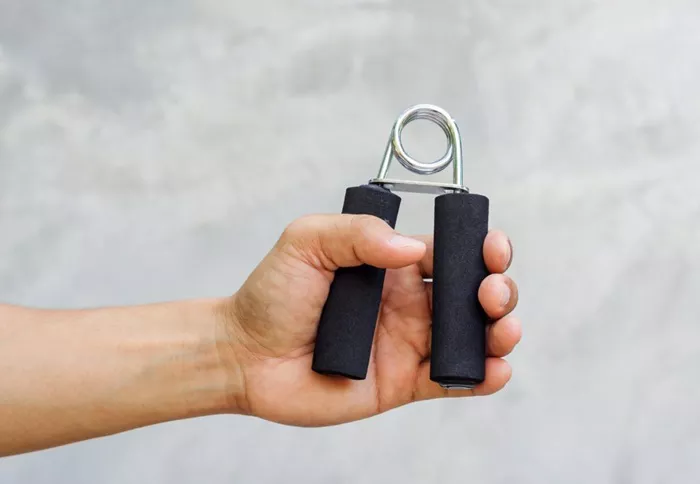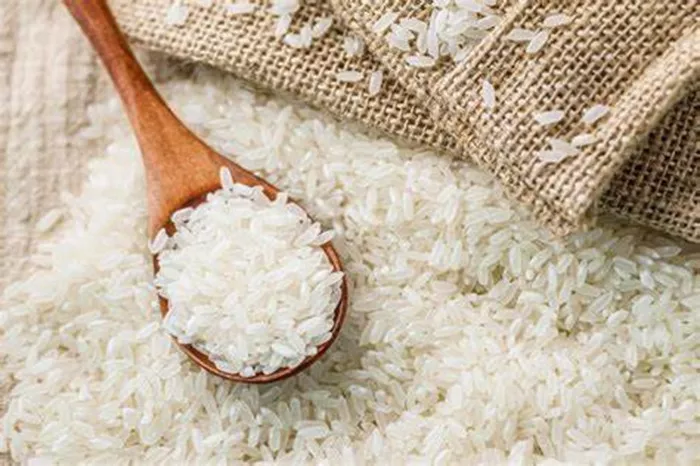A recent study has reaffirmed the connection between grip strength and longevity, suggesting that a firm grip may be more indicative of a longer life than previously thought. Grip strength plays a crucial role in daily activities, such as carrying groceries or typing, but its importance extends beyond the present, serving as a predictor of overall health and lifespan.
According to research findings, grip strength is a stronger indicator of all-cause and cardiovascular mortality than traditional measures like blood pressure. A systematic review highlighted that, in older adults, weaker grip strength correlates with declines in mobility, functional status, and increased mortality risk. This new study further confirms the association between forearm strength and longevity.
Study Overview
The study assessed hand grip strength in 14,178 participants aged 50 and older in the United States. Participants were classified based on their grip strength as follows:
Men were deemed ‘weak’ if:
- Their grip strength was under 35.5 kg.
- They gripped less than 0.45 kg per kilogram of body weight.
- They gripped less than 1.05 kg per kilogram of body mass index (BMI).
Women were categorized as ‘weak’ if:
- Their grip strength was below 20 kg.
- They gripped less than 0.337 kg per kilogram of body weight.
- They gripped less than 0.79 kg per kilogram of BMI.
- Participants were classified as generally weak if they fell below all three criteria.
Findings
The study revealed that individuals identified as ‘weak’ exhibited a significantly higher risk of early mortality across all causes. Notably, those in the weakest quartile were more than twice as likely to die within the next decade. The risk increased further when considering absolute strength, with a risk ratio of 1.45 for absolute weakness compared to 1.39 for BMI-adjusted weakness and 1.33 for body-weight-adjusted weakness.
As the number of weak cutoff points increased, so did the risk of early death: a weak classification in one category corresponded to a 1.37 risk ratio, while two categories raised this to 1.47, and three categories to 1.69.
The study authors emphasized that “weakness determined by both absolute and body-size-adjusted strength provides robust predictions of time until death,” underscoring the critical role of muscle strength in aging.
Trainer Jacqueline Hooton noted that a weak grip may reflect a broader lack of muscular strength, often due to insufficient physical activity. However, she clarified that this correlation does not imply a direct cause-and-effect relationship between total body muscle strength and grip strength.
Hooton pointed out that grip strength typically declines with age, particularly after 50, with a more pronounced loss after 65. To combat this decline, she recommends exercises such as farmer’s walks, dead hangs, and pull-ups, which enhance both grip and overall body strength.
As the study indicates, investing in muscle strength, especially grip strength, can contribute to a healthier and potentially longer life.
Related Topics
How Many Calories Does Low-Impact Cardio Burn?
How Can Beginners Improve Cardiovascular Fitness Effectively?


































